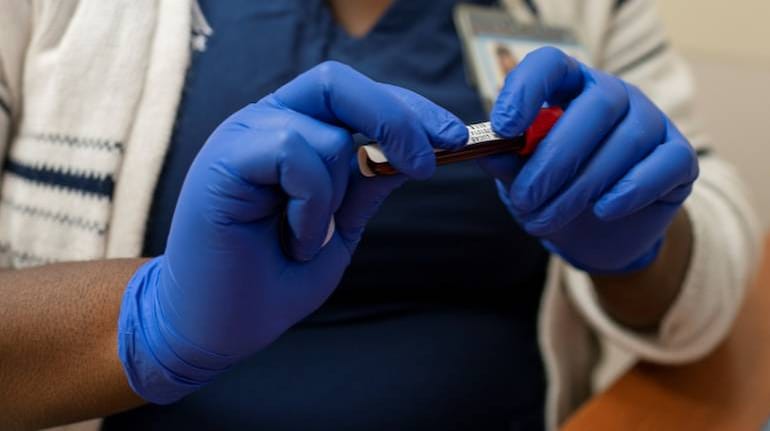
South Korea has reported 63 new cases of the coronavirus, continuing a weekslong resurgence as new clusters pop up in various parts of the country. The figures announced by the Korea Centers for Disease Control and Prevention on Saturday brought national totals to 13,030 infections, including 283 deaths.
Twenty-eight of the new cases were reported from the densely populated Seoul metropolitan area, where about half of South Korea's 51 million people live.
Infections were also reported in major cities such as Busan, Daegu, Daejeon and Gwangju, where hundreds of schools have been shut and social restrictions elevated.
Twenty-seven cases were linked to international arrivals. South Korea has enforced two-week quarantines on all overseas passengers since April.
While health authorities are finding it increasingly difficult to trace contacts and predict infection routes, the Seoul government has so far resisted calls to reimposed stronger social distancing measures after easing them in mid-April, citing concerns about hurting the economy.
Discover the latest business news, Sensex, and Nifty updates. Obtain Personal Finance insights, tax queries, and expert opinions on Moneycontrol or download the Moneycontrol App to stay updated!